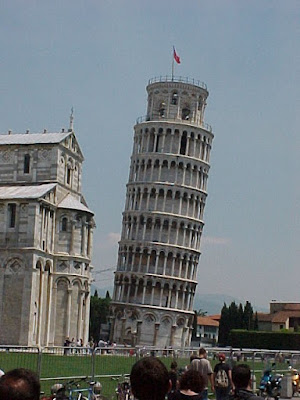The OECD's Programme for International Student Assessment (PISA) has just produced its latest batch of results. They show the UK crashing down the international rankings of educational attainment (see rankings here). Once again, it seems, the government has done the eezy peezy bit - spending the money - but failed to deliver any actual results.
Specifically, in a survey of attainment among 15 year olds across 57 leading economies, the UK slumped in all three areas examined:
-
- Reading- down from 7th in 2000 to 17th in 2006, in line with the OECD average but behind for example Estonia and Liechtenstein
-
- Maths- down from 8th to 24th
- Science- England down from 4th to 14th
Overall, it's a grim picture, especially remembering Labour's huge increase in education expenditure. We're currently spending £41bn pa on state schools in England alone, and according to the government that's £5290 per pupil, up 87% in real terms over the last decade (see table 8.5 here).
The PISA surveys are based on a consistent set of student tests applied consistently across all 57 participating countries. And the results underline once again how our dumbed down exam system gives us a totally misleading view of what's really happening to the quality of education in British schools.
And there's another interesting aspect to this. When the first PISA study was done in 2000, there was considerable scepticism about the UK's relatively high ranking. There was talk of nobbling, and carefully screening of participating pupils to make sure a lot of good ones were entered.
The suspicions were heightened when we failed to appear at all in the results tables of the 2003 PISA study because our "sample size was too small".
Now on the third attempt, it seems there's nowhere left to run. Short of withdrawing from the study altogether, the commissars have had to grit their teeth and make the best of a bad job- hence the attempt to big up the Science results, where we're still (just) above average.
PS: Prof Alan Smithers has an interesting article on this here.
